4 reasons Japan can bounce back for sixth straight title
SYDNEY (Australia) - Japan are back in Sydney and in a setting where they are familiar with success as five-time defending champions. Here are 4 reasons why they can succeed.
SYDNEY (Australia) - Akatsuki Japan’s results at the FIBA Women’s Basketball World Cup 2022 in Sydney might have felt a bit underwhelming.
After all, they were the reigning Olympic silver medalists. To see them end their Women’s World Cup campaign with only one win seemed a bit uncharacteristic.
Now that they are back in Sydney, this time for Women’s Asia Cup 2023, they are in a setting where they are familiar with success as five-time defending champions. There's a reason that we have them ranked second in our Power Ranking. To underestimate Japan heading into the competition, might prove to be a mistake for any opposing team.
Here are 4 reasons why:
Akatsuki Japan bringing it back
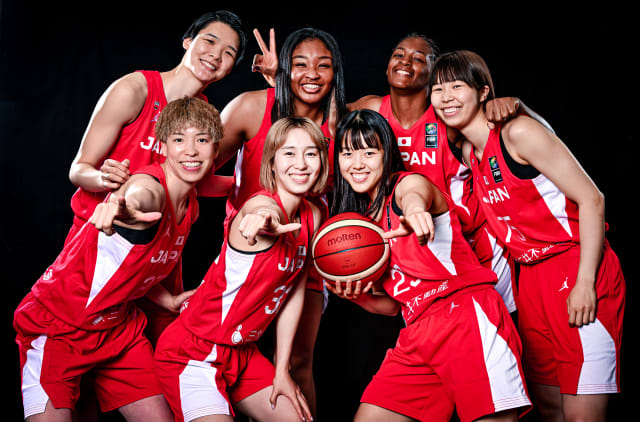
It’s always hard to win a championship. It’s harder to win back-to-back championships. It’s even harder to win back-to-back-to-ba… well, you get how hard it is to win five consecutive Women’s Asia Cup titles as Japan have done.
And a large part of why Japan have been able to win time and again is because of the continuity they have in their lineups.

For the 2023 edition of the Women’s Asia Cup, that will continue to be the case. Of the 12 players announced to be on the final roster in Sydney, 7 are returnees from the Women’s Asia Cup 2021 championship squad: Himawari Akaho, Saki Hayashi, Stephane Mawuli, Monica Okoye, Saori Miyazaki, Mai Yamamoto, and Nanako Todo. From that 2021 team, the only main piece missing is Tamami Nakada (who averaged 20.1 minutes per game).
Not only are these 7 returning champions, they were also the core of that title-winning team as they all logged double-digit minutes per game through the title run. Out of the total 200 minutes played across 5 games, coach Toru Onzuka played a combination of these 7 players on the court for a total 52.2 minutes. The familiarity will definitely be there for Akatsuki Japan.
In particular, watch out for the lineup of Mawuli, Hayashi, Miyazaki, Akaho, and Okoye. This quintet was coach Onzuka’s go-to five. In the two big games against Australia (Semi-Finals) and China (Final), they played together for a total of 25.82 minutes while outscoring their opponents by 7 points in that span - in two very closely contested games.
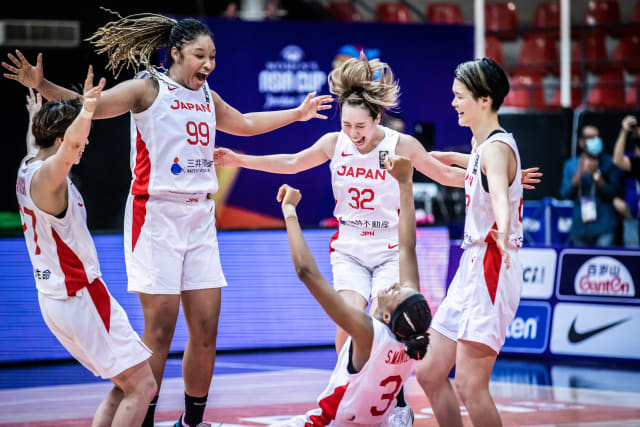
As they say, “if it ain’t broke, don’t fix it”.
Most Valuable Players
You always give yourself a good shot at winning championships when you bring back an MVP-caliber player. That’s what Japan have in the case of Himawari Akaho… and Nako Motohashi.
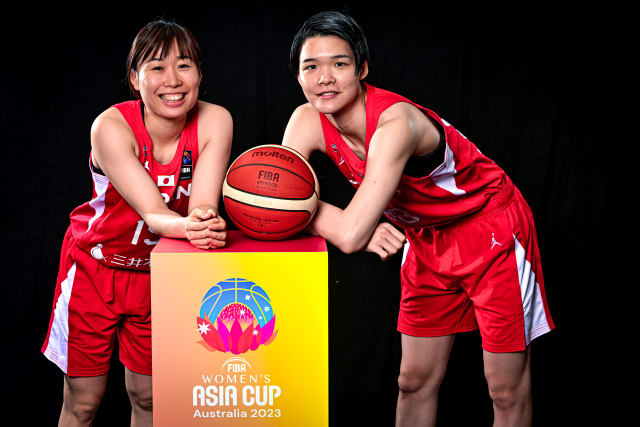
The 24-year-old Akaho won the TISSOT MVP award in 2021 after averaging 10.6 points, 5.0 rebounds, and 2.2 steals per game while shooting 53.8 percent from the three-point line.
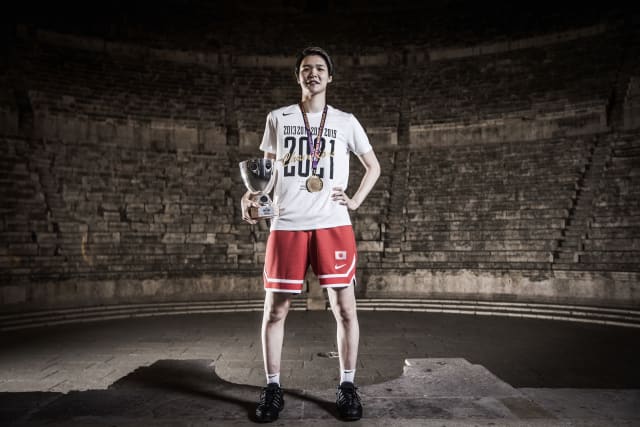
Meanwhle, 29-year-old Nako Motohashi led the charge at Women’s Asia Cup 2019 with 17.0 points and 5.0 assists per game - topping all players in the competition that year. In the Final against China, Motohashi poured in her tournament-best of 24 points and 8 assists as well.
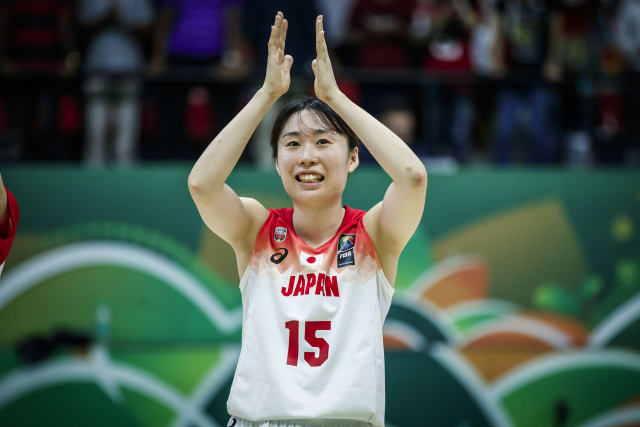
Akatsuki Japan are known for their all-around team play, but it should also be reassuring for them to know that they already have two proven MVPs to rely on.
Will either be the next great player to win two Women’s Asia Cup MVPs since Ramu Tokashiki? Or will there be another Japan MVP in Women’s Asia Cup history?
Legends
Among the ranks of a storied national team program like Japan’s women’s national team, there are plenty of legends. Maki Takada is one of those legends and she’s back at Women’s Asia Cup 2023 to add to her legacy.
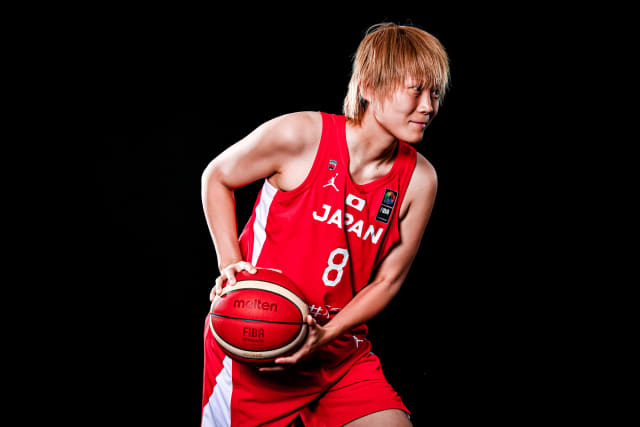
The 33-year-old forward will be playing in her sixth Women’s Asia Cup here in Sydney, 14 years after her debut in 2009. She’s won two Women’s Asia Cups while also playing in four Women’s World Cups and three Olympics.
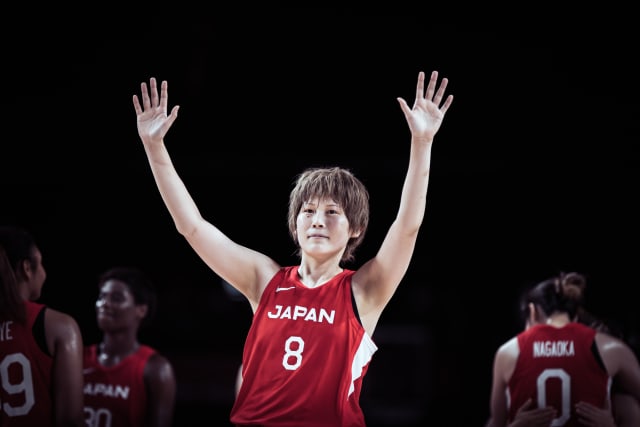
The captain has been the heart and soul for the team for many years while also providing a healthy production of points, rebounds, and defense. Even though she’s already been playing at a high level for nearly a decade and a half, it seems like she still has plenty left in the tank - especially to bounce back to a favorable result here in Sydney.
Young guns set to step up
Of course, with any good and sustainable program, you will need promising prospects that are set to step up aside from the proven stars.
That’s what Japan have in Todo, Aika Hirashita, Azusa Asahina, and Anri Hoshi, four players born in 2000 or later.
In Todo, you have a shooting guard who has already won a Women’s Asia Cup and has also played in both the Olympics and a Women’s World Cup. The 22-year-old was a star for Japan at the youth level and it seems like she will be a kay part of their future moving forward.
Likewise, there is also Hirashita who was still on the youth national team as recently as the U19 Women’s Basketball World Cup in 2021. Then, she got her opportunity and immediately made her presence known by scoring 17 points on 5 three-pointers in her senior national team debut… at the Women’s World Cup in a win against Mali.
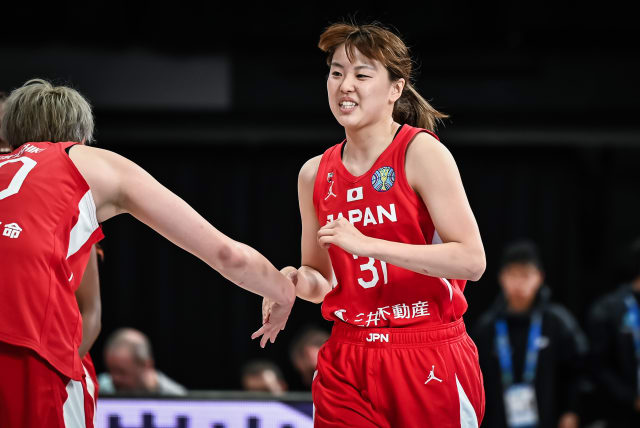
These two, along with Asahina and Hoshi, still have a lot to prove, but they could end up being key factors to Japan’s success in Sydney.
What do you think?
FIBA